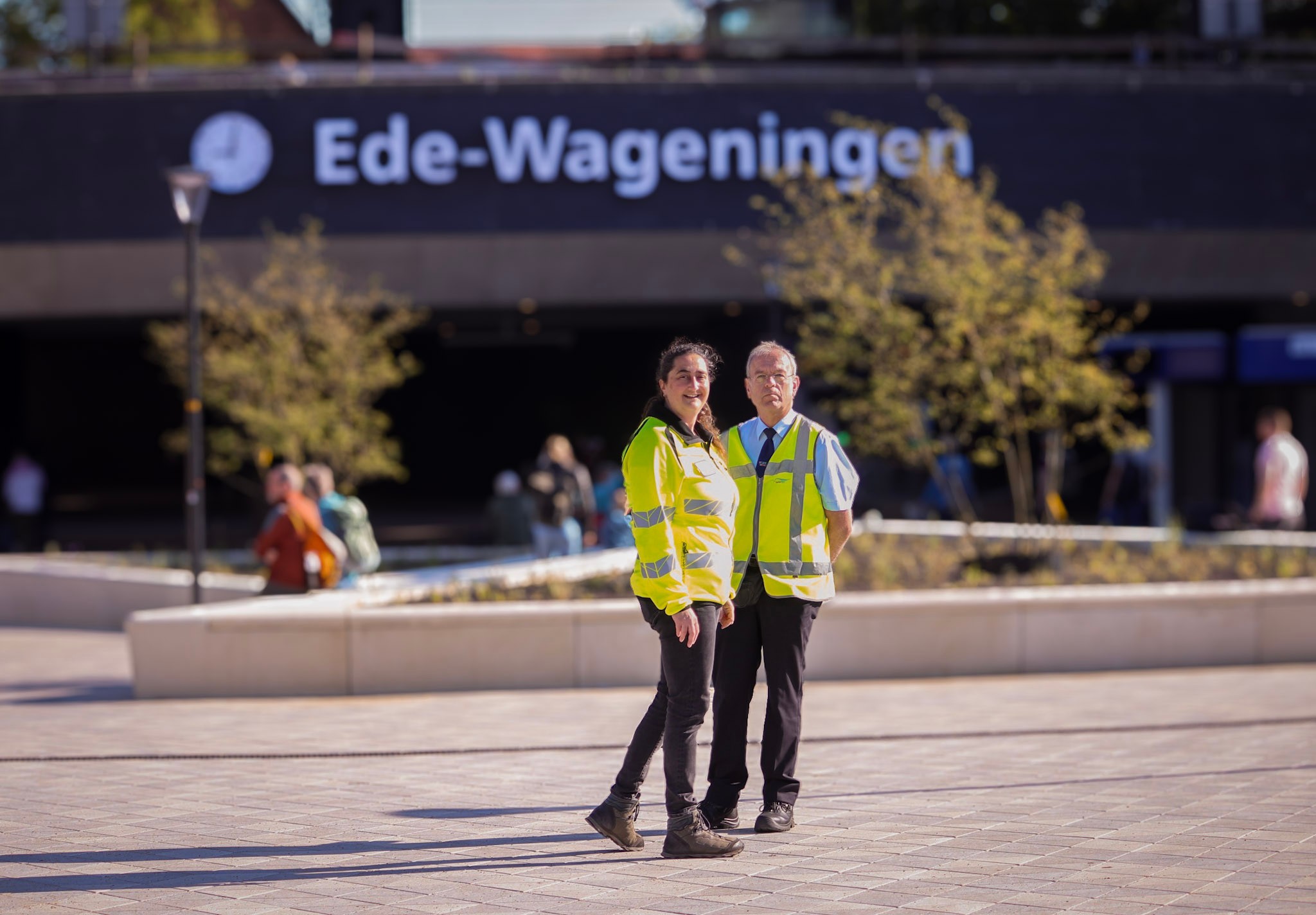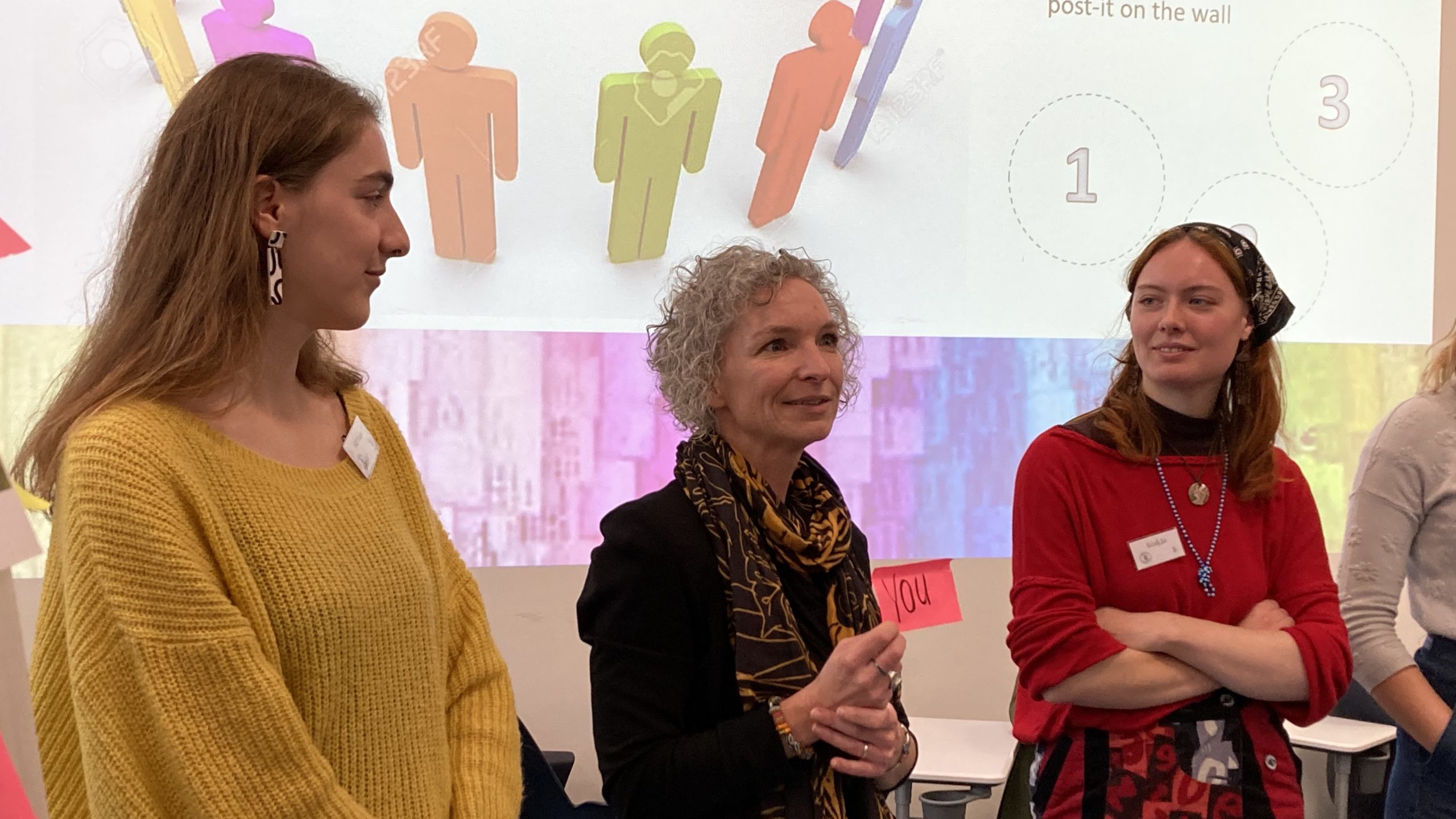Universities in the Netherlands are far behind their targets for the ‘participation jobs’ for people with disabilities, the Higher Education Press Agency recently reported. WUR too has failed to meet its target, admits the responsible team leader Els Dieleman. But, she stresses, that figure is not the only yardstick. ‘The story is more positive than it looks.’
Dieleman is the founder of Jops, the team that runs and coordinates most of the efforts WUR-wide to find or create suitable jobs for new colleagues with occupational disabilities. When she was given the green light in November 2019, WUR was bringing up the rear in the national university rankings for the number of jobs for people with disabilities. Now WUR is at the top and the long-term prospects are encouraging too: job retention (longer than one year) is at 85 per cent at WUR, compared to around 60 per cent nationally.
But let’s take a look at the state of play. At the end of 2022, Wageningen had 111 jobs for colleagues with a disability. That is 13 more than the previous year, but still far short of the 230 that WUR had envisaged having by 2024. Dieleman doesn’t give a clear yes or no when asked whether WUR can meet that target. ‘This is more than a numbers game. It’s about people for whom getting a job at WUR is a dream come true. A good match requires very careful and continuous mentoring, both of the candidate and of the team where he or she will work.’
Life-changing
Dieleman is proud that the Jops team manages to find the right match for a growing number of people. ‘Don’t reduce the matter to a tally of the number of these jobs WUR has managed to create at any given time. Rather, assess how many people with a disability find a long-term workplace at WUR where they feel at home, have meaningful and appropriate work with a fair salary, and are appreciated by their colleagues. Because that is life-changing.’
That other public bodies do manage to meet their target – apparently, municipalities and the police are up to 10 per cent over their target – is down to a mismatch in education levels, reckons Dielemans. Graduates are severely underrepresented among people with labour disabilities, while they are the people universities have jobs for.
At WUR, for example, almost 70 per cent of employees with an occupational disability are graduates, while graduates make up only 6.1 per cent of this target group at the national level. There are limited job opportunities at lower levels, partly because services such as catering, cleaning or landscaping are often outsourced. ‘But WUR does impose requirements on our contractors in this regard these days,’ Dieleman explains. ‘Any cleaners, baristas or grounds workers with disabilities can even be employed by WUR. Specific agreements are now being made about this in the tendering process.’ Dieleman emphasizes that WUR teams can also count on Jops to play an enabling role.
The facts nationwide
In 2022, Dutch universities achieved just over half of the target of 1886 jobs for people with disabilities by 2026. Dutch research institutes managed about half of their target of 110 positions. According to the umbrella organization Universities of the Netherlands, the main reasons for not meeting the targets are the Covid pandemic, a tight labour market and heavy workloads.

 Foto Shutterstock
Foto Shutterstock 

